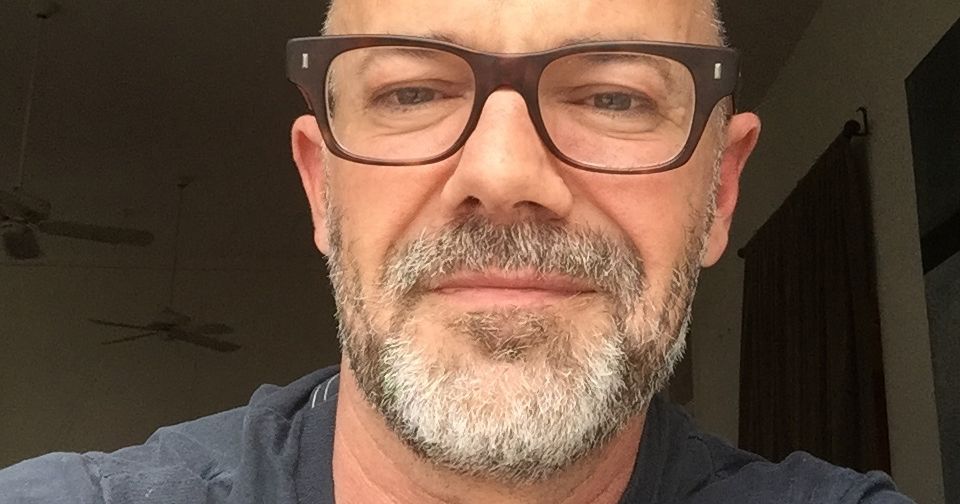
Saved by sari and
Andrew Sullivan: See You Next Friday

Saved by sari and
sari added
Agalia Tan and added
aron added
sari added

Sterling Proffer and added

sari added
There are those who believe the social web is reaching its terminal point. I hope they’re right. Platform after platform was designed to make it easier and more addictive for us to share content with one another so the corporations behind them could sell ever more of our attention and data. In different ways, most of these platforms
... See moresari and added